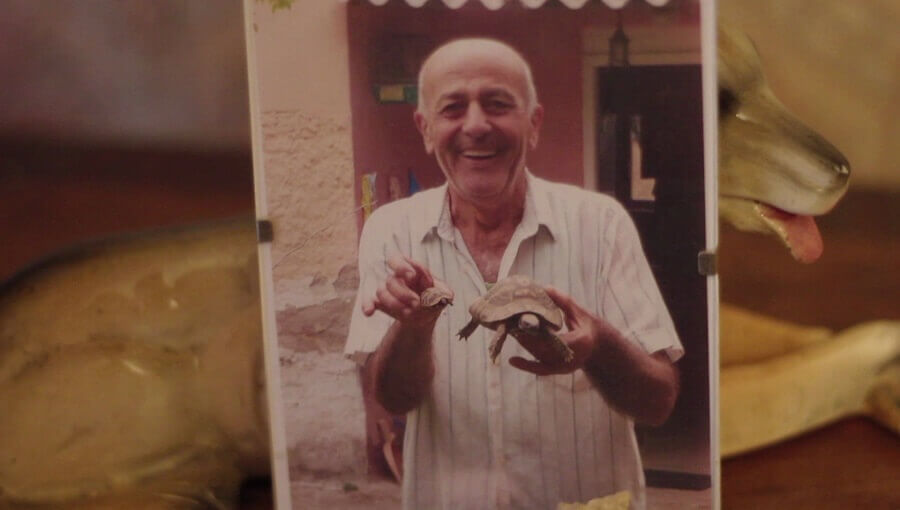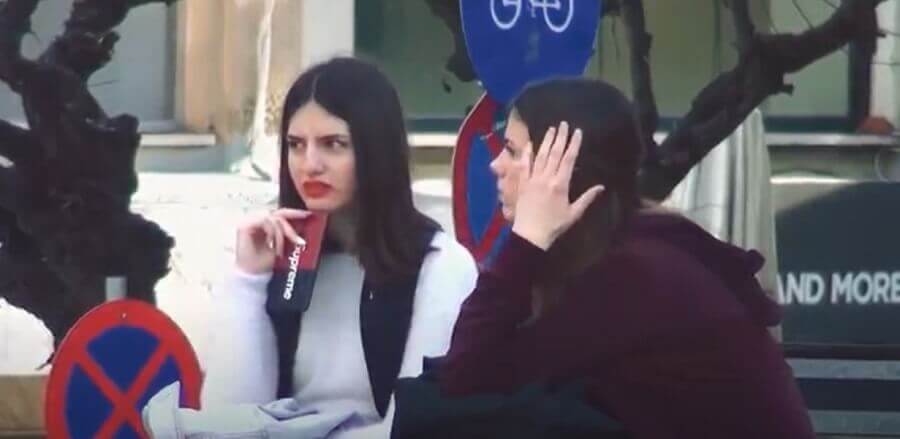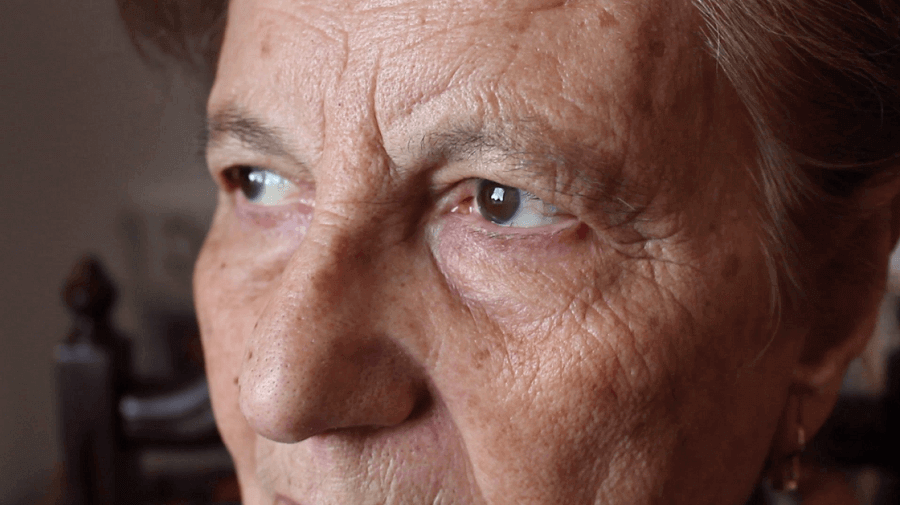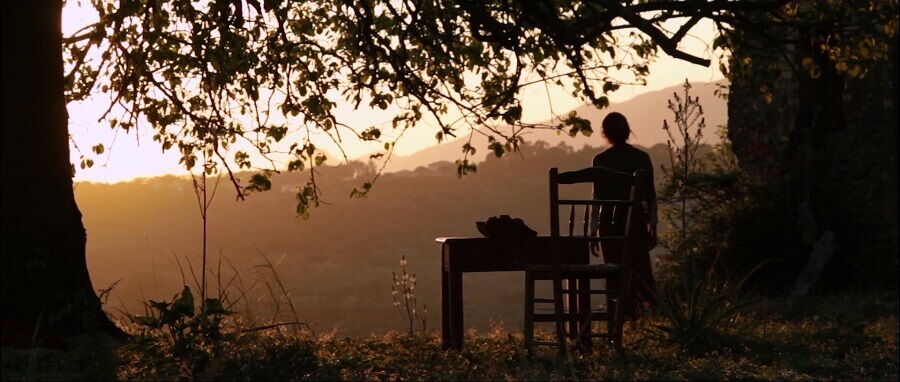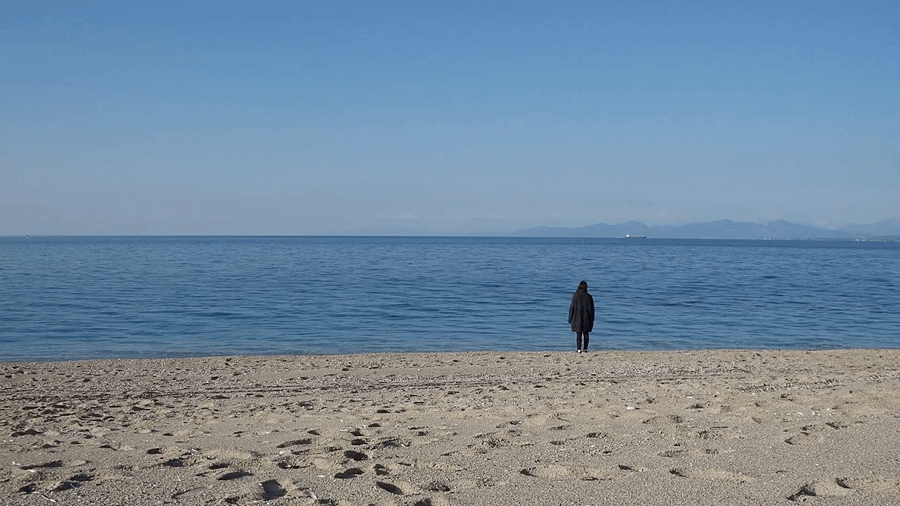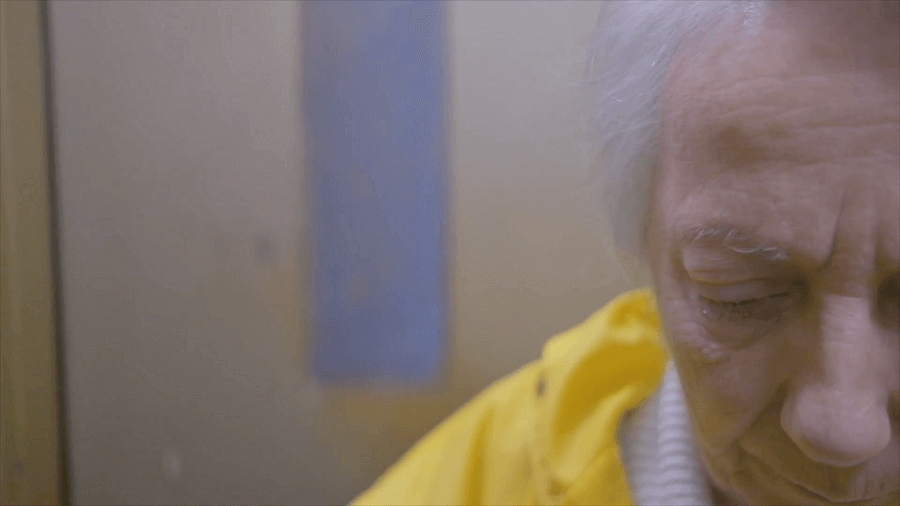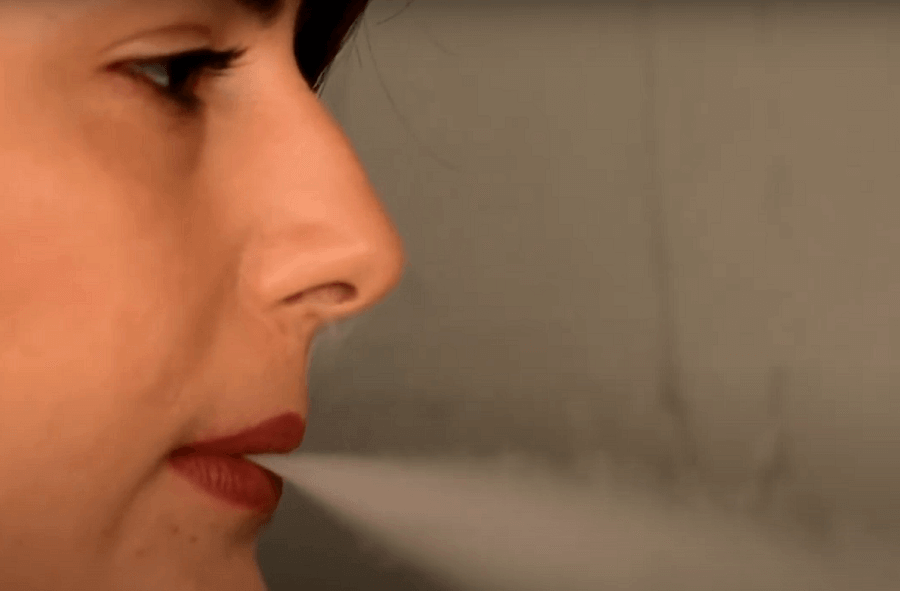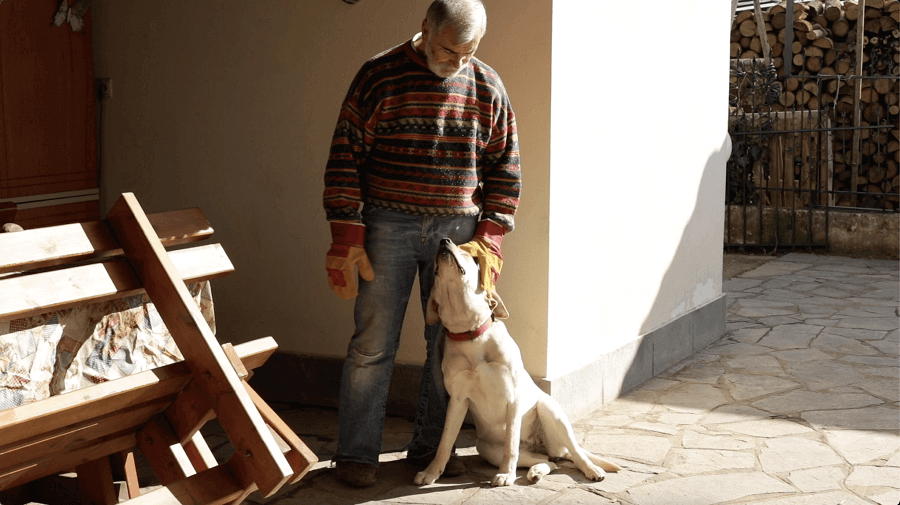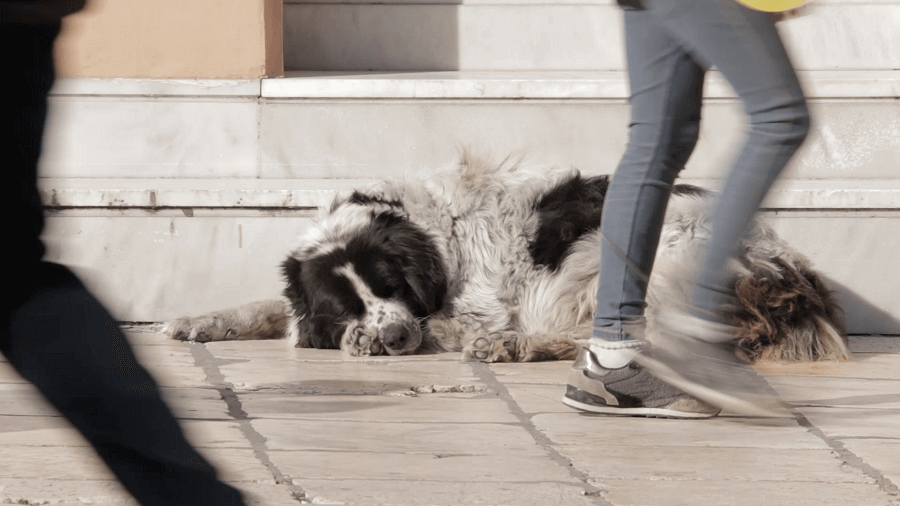Our garbage, the other's treasure
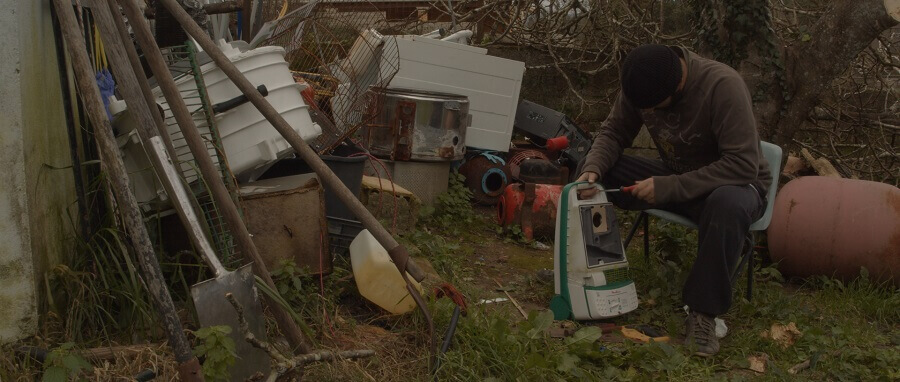
This documentary follows a young man who collects “useless” objects, like electronic devices that people throw away. To him, a broken hoover or a rusty stove is an opportunity to explore its “inner micro-world”, which is comprised of complex circuits, motors and other electronic systems. It is also a chance to alter those devices and give them a new life.
Related Works
"Oh, Johnny!" is a short documentary about John (Vinylios), his interest in fashion and his relation to drag shows.
A short documentary, based on the theory of Observational Cinema. It is the portrait of the caretaker of the British Cemetery in the island of Corfu, Greece, Mr. Yorgos Psailas. The documentary deals with his daily life in the cemetery. Mr. Psailas also recounts the most important moments of his life as well as his thoughts about life and death.
Observational documentary: People and daily life in the city of Corfu before covid 19.
Aynadamar: An important place as far back as when the Arabs were in the area. The whole region of Andalusia was supplied with water through that spring, reaching as far as Madrid. Several years later, the poet and playwright Federico Garcia Lorca is taken there to be executed. His work in turn supplied the whole Spain and spread to the rest of the world. The documentary intertwines significant events of his life with dramatised excerpts from his work, aiming at achieving Duende (as Lorca used to say), the quintessence of all things.
The narration of the basic changes in the life of an everyday man during 2020. The deprivations, the adjustments, but also the losses he suffered during such a strange period of time. All this through the perspective of his daily activities within a single day.



